What Makes Open-Access Medical Education Work: Insights from a New Scoping Review
Open-access medical education is growing fast, but its effectiveness remains uneven. A new review outlines the main barriers and enablers shaping how these platforms perform, especially in low-resource settings.
Open-access medical education platforms (OAME platforms) have the potential to democratize medical training globally and achieve long-term impact. A recent review, published in JMIR Medical Education, surveyed 34 publications to identify the key barriers and enablers that influence the success of OAME platforms.
Key Findings: Local Context Cannot Be an Afterthought
Quality is a major concern. Ensuring that educational content is accurate, up-to-date, and pedagogically sound is a widespread challenge. Without robust quality control, platforms risk losing trust and engagement.
Content fragmentation weakens learning. Many platforms host materials that are unstructured or incomplete, making it harder for learners to follow coherent educational pathways.
Sustainability is fragile. Ongoing costs for maintenance, updating content, moderation, and staffing strain many platforms. Securing long-term, stable funding is a recurring obstacle.
Limited visibility. Even when content is freely available, discoverability remains an issue. Many potential users are simply unaware of these resources or lack access to them.
Context matters. Tailoring to the specific needs and constraints of learners—especially in resource-limited settings—is essential, but not always prioritized.
What Makes These Platforms Work
On the other hand, the review also highlights a number of enablers that support success:
Structured quality frameworks: Using validated tools to assess and maintain content quality increases trust and uptake.
Collaborative partnerships: Platforms that partner with existing content providers or institutions benefit from shared expertise, credibility, and resources.
User-centred design & metadata: Thoughtful organization (e.g., tagging, navigation) improves usability, especially for learners who may not have robust internet access.
Locally relevant content: Tailoring to low-bandwidth environments or specific cultural and clinical contexts makes platforms more inclusive and useful.
Sustainable models: Developing clear governance, funding, and operational plans from the outset helps platforms survive and scale.
Why Effective OAME Platforms Are Needed Now
Open-access medical education has the potential to reshape how medical training is delivered, especially in underserved areas. By removing cost and access barriers, these platforms could help build capacity in regions that lack robust educational infrastructure.
SURGhub - www.surghub.org - was developed to address this gap. Launched in June 2023, it is the world’s leading platform providing quality-assured educational content to surgical healthcare professionals working in some of the world’s most challenging environments.
Where OAME Platforms Go from Here
Moving forward, key priorities identified by the authors include:
Strengthening content quality through peer review and appraisal tools
Deepening partnerships among educational institutions, NGOs, and local stakeholders
Improving content organization and navigation to enhance learner experience
Developing business models that ensure long-term financial and operational viability
Expanding platform relevance through localization (language, low-bandwidth design)
These steps, the authors argue, are essential to scale OAME platforms in a meaningful—and equitable—way.
Read the full article here: https://mededu.jmir.org/2025/1/e65306
Get Involved: Support Surgical Training
SURGhub is easy to access. Healthcare professionals, educators, and institutions are encouraged to explore the platform and consider contributing to its growth. Opportunities to engage with SURGhub include:
Providing e-learning content - reach more learners globally
Becoming a funding partner - support surgical training
Visit www.surghub.org to learn more and get involved.
Authors
Ahmed Abdelfattah Eltomelhussein Ahmed (1); Arushi Biswas (2); Nefti Bempong-Ahun (3); Ines Perić (4); Eric Patrick O'Flynn (4)
(1) Department of Surgical Affairs, Royal College of Surgeons in Ireland, Dublin, Ireland
(2) Johns Hopkins University School of Medicine, Baltimore, MD, United States
(3) The Global Surgery Foundation, Geneva, Switzerland
(4) Institute of Global Surgery, Royal College of Surgeons in Ireland, Dublin, Ireland
Keep reading
The International Committee of the Red Cross (ICRC) and the Global Surgery Foundation (GSF) have joined forces to expand access to war-surgery training through SURGhub. Read more


